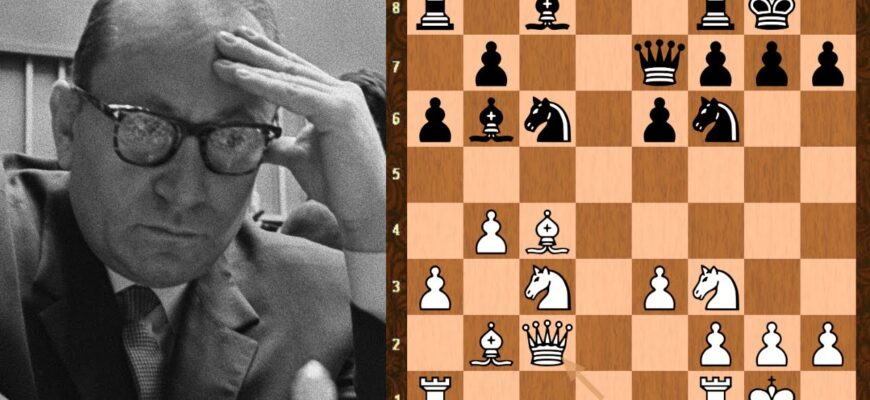In an intriguing nod to the accelerating pace of modern life, the World Chess Federation (FIDE) has embarked on a pilot project that could fundamentally alter the landscape of competitive chess. Say goodbye to the leisurely, multi-hour battles of yesteryear – at least in some instances. FIDE is now testing a “Fast Classic” format, where games with significantly shorter time controls will, for the first time, contribute to a player`s standard rating.
The Unhurried Game Meets the Unforgiving Clock
Chess, for centuries, has been synonymous with deep thought, strategic foresight, and, quite frankly, a considerable investment of time. A typical “standard” or “classical” game can easily stretch over four to five hours, demanding immense concentration and physical stamina from players. This traditional format, while revered by purists, often presents a logistical challenge for organizers and a significant time commitment for participants and spectators alike.
Under current FIDE regulations, the minimum time for a game to count towards a standard rating is already tiered, ranging from 60 minutes per player for those below 1800 Elo, up to a hefty 120 minutes for Grandmasters and those rated 2400+. These regulations ensure that games have sufficient depth to reflect a player`s true classical strength. But as the world spins faster, even the contemplative game of chess finds itself under pressure to adapt.
Enter the “Fast Classic”: A Glimpse into the Future?
FIDE`s new pilot project introduces a fascinating hybrid: tournaments played with a time control of 45 minutes per player, plus a 30-second increment per move from the very first move. The crucial distinction? These results will now factor into a player`s standard rating. This isn`t rapid chess, nor is it blitz; it`s an attempt to carve out a new category – a “Fast Classic” – that offers a more condensed yet still intellectually rigorous experience.
The motivation is clear: “a growing demand from players and organizers to recognize `fast classic`.” It seems even grandmasters have deadlines, and finding five uninterrupted hours for a single game is becoming an increasingly rare luxury for many. The idea, championed by chess patron Oleg Skvortsov, is to create a format where two serious rounds could conceivably be played in a single day, making tournaments more accessible and perhaps, dare we say, more spectator-friendly for our TikTok-trained attention spans.
Pilot Events: The Crucible of Change
To test the waters, FIDE has designated three specific tournaments for this pioneering experiment:
- The Qatar Cup (September 7–13)
- The QCA Training Center September Tournament Classical (September 25–27)
- The Women`s World Team Championship (November 17–24)
These events will operate under standard rating rules, with a couple of key caveats. Notably, no title norms will be awarded, preserving the traditional pathway to Grandmaster and International Master titles for the full, unadulterated classical format. Furthermore, organizers are limited to scheduling no more than two rounds per day, preventing the format from devolving into a blitz marathon. This cautious approach underscores FIDE`s understanding of the gravity of this change. It`s a pilot, not a full-scale revolution, and a thorough analysis of outcomes and participant feedback is promised before any definitive decisions are made.
Implications: Speeding Up Thought, or Just the Clock?
The introduction of “Fast Classic” raises several intriguing questions for the chess world:
* Player Strategy: How will players adapt their opening preparation and mid-game strategy to account for the tighter clock? Will deep, complex lines become too risky? Will intuitive play gain an edge over meticulous calculation?
* Endurance vs. Efficiency: While physically less demanding than a 5-hour game, the pressure of a ticking clock combined with critical positions can be mentally exhausting. The “Fast Classic” might test a different kind of endurance – the ability to perform under constant time pressure without sacrificing quality.
* Spectator Appeal: Could shorter, sharper games attract a new generation of chess fans who find traditional classical games too slow? Faster decisive results might boost broadcast engagement.
* The Rating System Itself: Will ratings earned in “Fast Classic” tournaments accurately reflect a player`s classical strength, or will it create a distinct sub-category of players who excel specifically in this accelerated format? FIDE`s careful monitoring will be crucial here.
* The “Soul” of Chess: For purists, any alteration to the classical format might feel like a dilution of the game`s essence. Can profound beauty and strategic depth truly flourish when the clock is always breathing down your neck? Or will this simply showcase a new facet of human ingenuity under pressure?
FIDE`s “Fast Classic” pilot is more than just a minor tweak to tournament rules; it`s a significant experiment reflecting a broader societal shift towards efficiency and immediacy. Whether this initiative proves to be a fleeting experiment or the vanguard of a new era for standard chess remains to be seen. But one thing is certain: the chess world is watching, ready to analyze not just the moves on the board, but the implications of this bold step for the future of the royal game.







